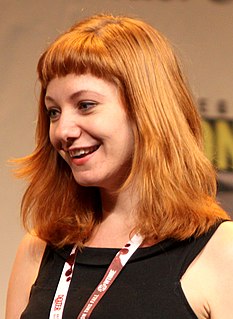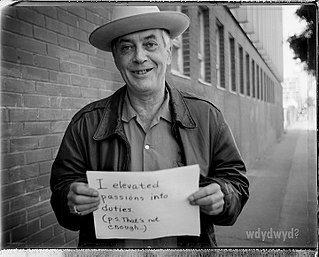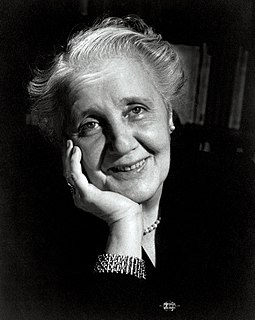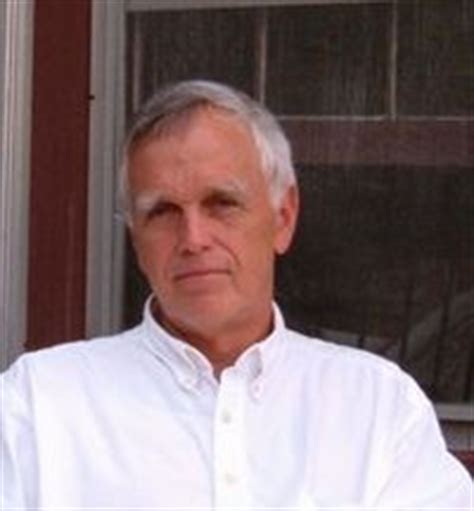A Quote by Steven Seagal
I always hated being a child. I always felt like an adult trapped in a child's body.
Related Quotes
A child is an eager observer and is particularly attracted by the actions of the adults and wants to imitate them. In this regard an adult can have a kind of mission. He can be an inspiration for the child's actions, a kind of open book wherein a child can learn how to direct his own movements. But an adult, if he is to afford proper guidance, must always be calm and act slowly so that the child who is watching him can clearly see his actions in all their particulars.
I grew up on a farm in Oregon, an adopted child, with one sibling, and parents the age of all my peers' grandparents. We lived in isolation from the people around us, and it was always a struggle to cope with as a child. The heart can really expire under those conditions. I always felt like I was looking at the world from the outside.
When you practice Dynamic Meditation for the first time this will be difficult, because we have suppressed the body so much that a suppressed pattern of life has become natural to us. It is not natural! Look at a child: he plays with his body in quite a different way. If he is crying, he is crying intensely. The cry of a child is a beautiful thing to hear, but the cry of an adult is ugly. Even in anger a child is beautiful; he has a total intensity. But when an adult is angry he is ugly; he is not total. And any type of intensity is beautiful.
In certain circumstances where he experiments in new types of conduct by cooperating with his equals, the child is already an adult. There is an adult in every child and a child in every adult. ... There exist in the child certain attitudes and beliefs which intellectual development will more and more tend to eliminate: there are others which will acquire more and more importance. The later are not derived from the former but are partly antagonistic to them.
Although psychology and pedagogy have always maintained the belief that a child is a happy being without any conflicts, and have assumed that the sufferings of adults are the results of the burdens and hardships of reality, it must be asserted that just the opposite is true. What we learn about the child and the adult through psychoanalysis shows that all the sufferings of later life are for the most part repetitions of these earlier ones, and that every child in the first years of life goes through and immeasurable degree of suffering.



































